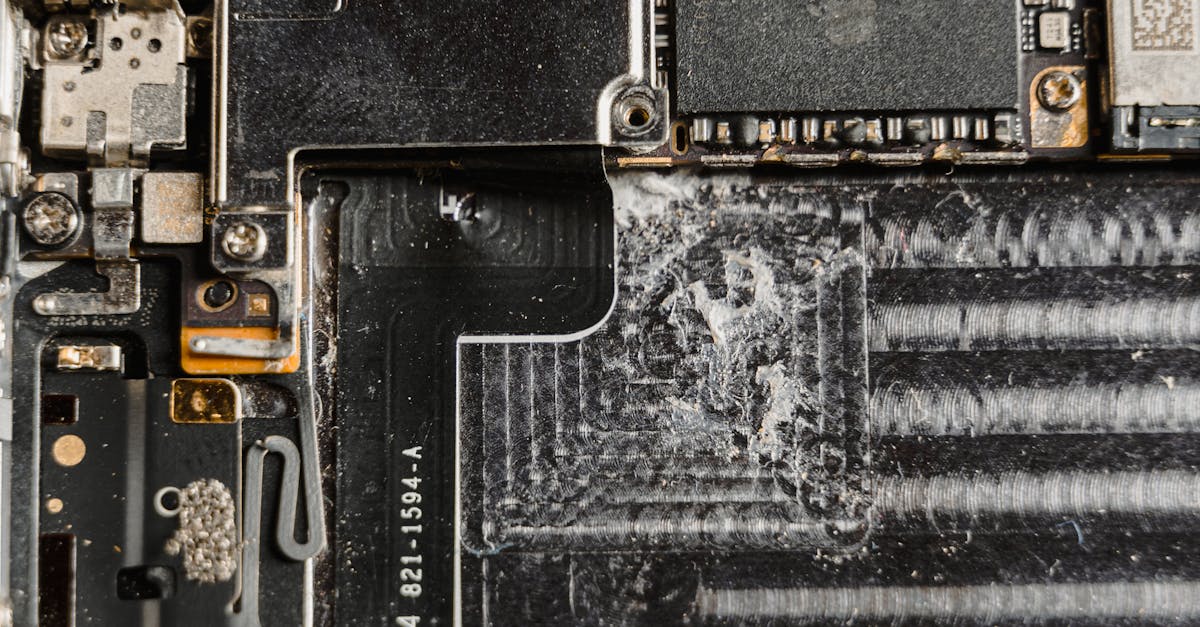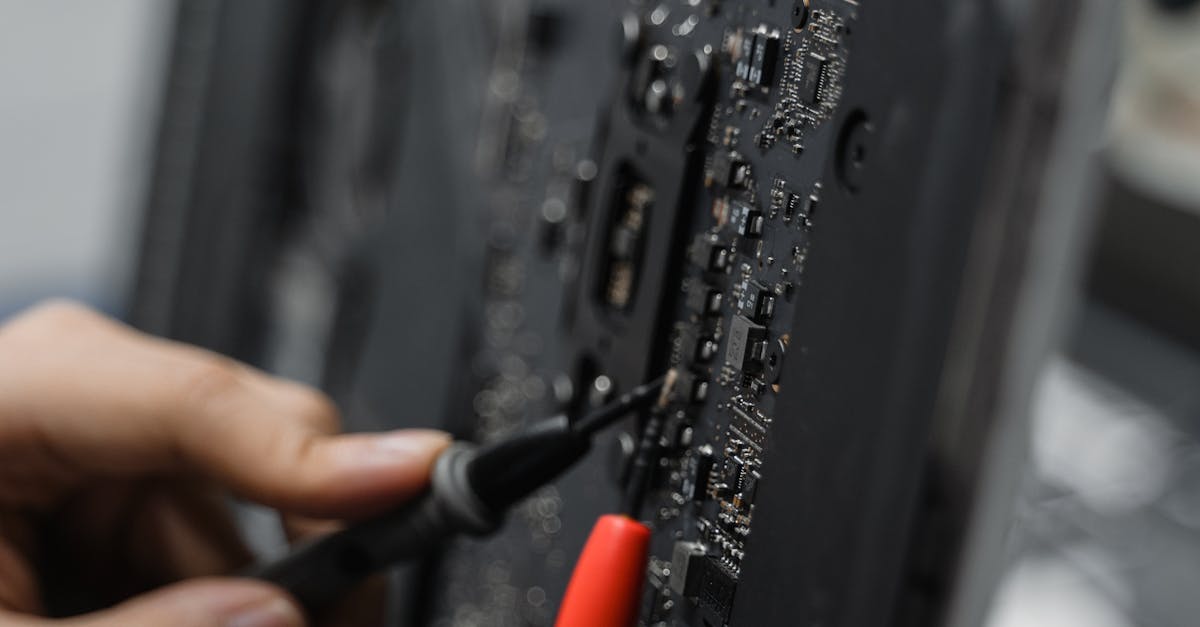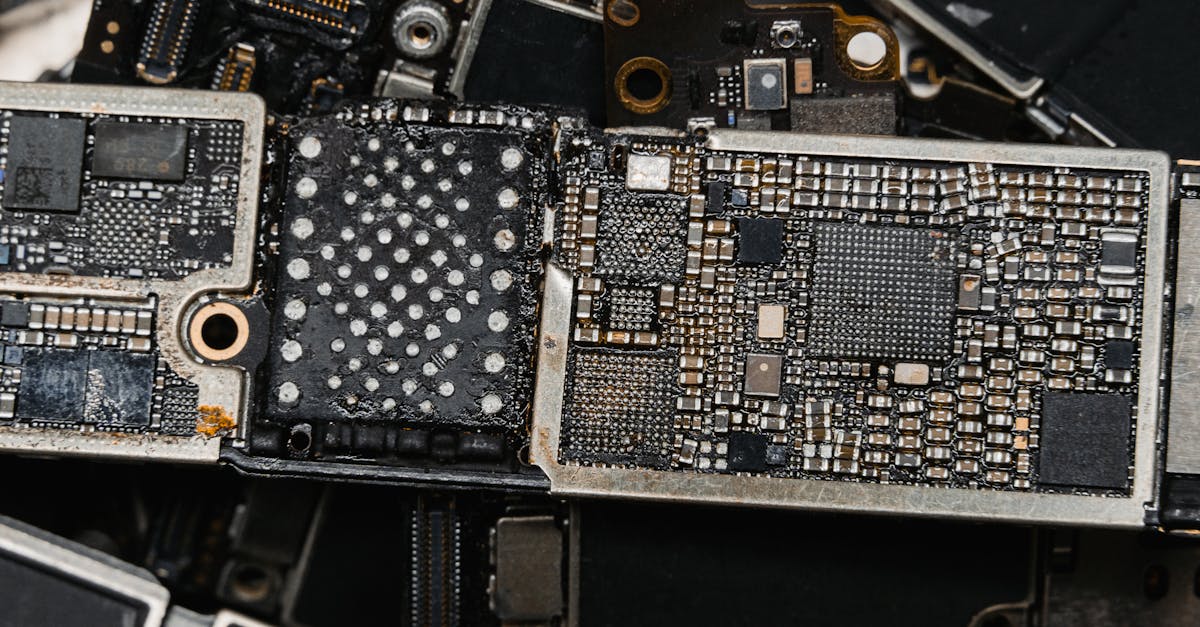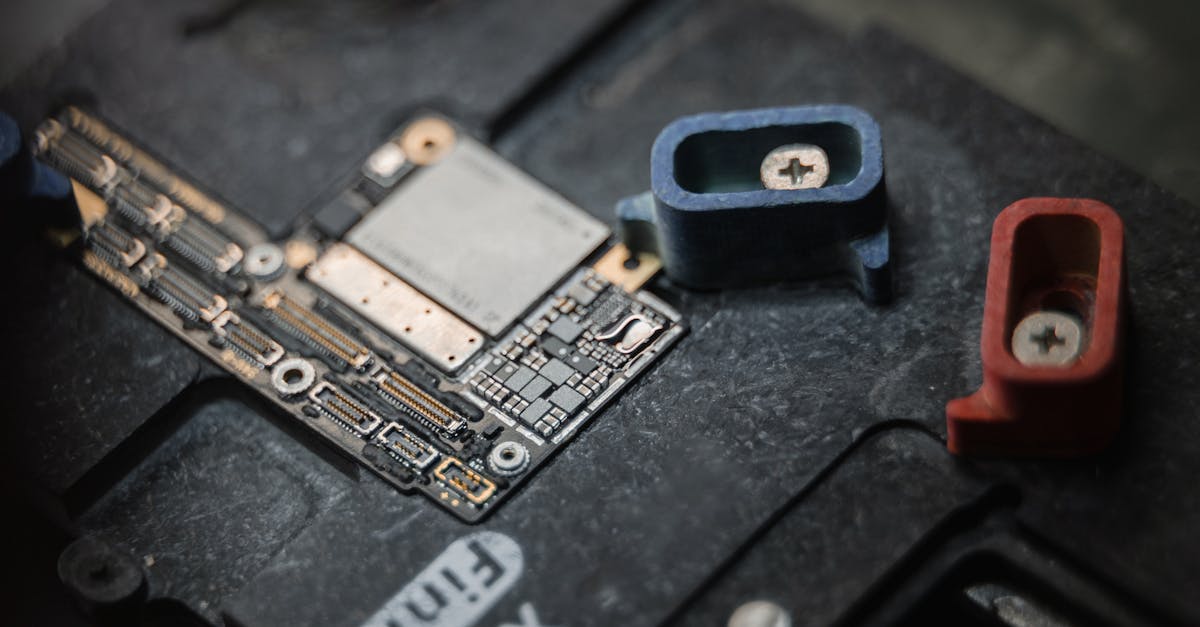
Table Of Contents
Dealing with Larger Cracks
When faced with larger cracks in your foundation, it's important to assess the severity of the damage. Cracks wider than a quarter-inch can indicate underlying structural issues. Attempting to fill them with basic materials may provide only a temporary fix. A thorough evaluation of the surrounding areas is often necessary to determine whether your foundation is settling, or if extensive repairs are required. Seeking local assistance, such as a search for "Crack Repair near me," can lead to professionals with the right expertise to address significant problems effectively.
For larger cracks, a more systematic approach may be required to ensure long-term stability. Options like epoxy injection or polyurethane foam can provide a more reliable solution than standard fillers. These methods bond the materials in your foundation and prevent water infiltration. Engaging experts in the field can guide you through the best practices for repairing significant cracks while ensuring that your home’s integrity remains intact. Addressing these issues promptly can save both time and money in the long run.
More tips and tricks can be found here.
When to Consider Professional Help
When contemplating whether to tackle foundation crack repairs on your own, it’s essential to assess the severity of the damage. Small cracks may be manageable with DIY methods, yet larger or more complex issues often signify underlying problems that require professional attention. If the crack is wider than a quarter of an inch or if it continues to grow, seeking expert help is advisable. Local services for "Crack Repair near me" can provide the necessary expertise to ensure repairs are done correctly and safely.
Additionally, if you notice signs of structural instability such as doors or windows that stick, visible shifts in the walls, or uneven floors, it is prudent to consult with a specialist. These symptoms can indicate more significant foundation problems that are beyond simple repairs. Engaging a professional not only helps in addressing the immediate concerns but also provides an assessment of any underlying issues that may need to be resolved to prevent future complications.
Preventive Measures for Future Cracks
Preventive measures play a crucial role in maintaining the integrity of your home’s foundation. Regular inspections can help identify minor issues before they escalate into major cracks. Ensure proper drainage around the foundation by directing downspouts away from the house and grading the soil to slope away from the structure. Consistent landscaping practices, such as avoiding close planting of large trees, can prevent roots from damaging the foundation. Staying vigilant about these factors reduces the likelihood of cracks developing.
If, despite your best efforts, cracks do occur, seeking local expertise like “Crack Repair near me” increases the chances of a professional assessment. Additionally, sealing small cracks immediately can further protect your foundation from water infiltration. Regular maintenance routines, including monitoring moisture levels in your soil and ensuring the structural integrity of fixtures like gutters, can contribute to a resilient foundation environment. Implementing these strategies encourages a proactive approach to home repairs.
Maintaining Your Home’s Foundation
Regular maintenance of your home's foundation is essential to prevent more significant issues from arising. This involves inspecting the foundation periodically for any signs of damage, such as cracks or shifting. Maintaining proper drainage around your property is crucial. Ensure that gutters are clean and downspouts direct water away from the foundation, reducing the likelihood of water accumulation that can lead to further deterioration.
Landscaping can also play a role in foundation upkeep. Avoid planting large trees or shrubs too close to the foundation, as their roots can cause movement and create more cracks. If you notice any shifts or new cracks forming, it's wise to search for "Crack Repair near me" to find professional assistance. These experts can provide more tailored solutions, ensuring your home remains stable and secure.
Understanding the Risks of DIY Repairs
Embarking on a DIY approach to foundation crack repairs can seem appealing, but it carries several risks that homeowners should carefully consider. Without the proper tools and expertise, it's easy to overlook underlying issues that may exacerbate the problem. A superficial repair may offer a temporary fix, but it won't address potential drainage issues or soil movement that could lead to further damage. Failing to properly assess the situation may result in costly repairs down the line, which defeats the purpose of saving money in the first place.
In addition to the technical challenges, the risk of personal injury during DIY repairs shouldn’t be underestimated. Working with heavy materials and tools can lead to accidents, especially when one is untrained. Homeowners looking online might search for "Crack Repair near me," yet local professionals bring experience and safety to the task. Engaging a contractor not only ensures that the job is done correctly but also provides peace of mind, knowing that the repairs comply with local regulations and standards.
Potential Pitfalls and Mistakes to Avoid
Tackling a DIY foundation crack repair can seem straightforward, yet there are several pitfalls that might lead to further issues. One common mistake is underestimating the extent of the damage, which can result in using inadequate materials or techniques that don't properly address the underlying problems. This often leads to a temporary fix, with the crack reappearing shortly after. Homeowners frequently misjudge the importance of moisture control around the foundation, neglecting to address drainage issues that may have contributed to the crack in the first place.
In addition to selecting the wrong materials, many also overlook the need for proper preparation of the area before applying any repair solutions. Failing to clean the crack thoroughly or not allowing sufficient drying time for previous repairs can hinder the effectiveness of the repair materials. Some may rely solely on online tutorials, ignoring the benefits of consulting experts, which may include searching for "Crack Repair near me" to find local professionals who specialise in foundation work. With proper guidance and support, many frustrating pitfalls can be avoided.
FAQS
Can I fix a small foundation crack myself?
Yes, small foundation cracks can often be fixed by homeowners using repair kits available at hardware stores. However, it’s important to assess the size and severity of the crack before attempting a DIY repair.
How do I know if a foundation crack is serious?
If a crack is wider than 1/4 inch, is horizontal, or if you notice signs of structural damage like doors or windows that stick, it may indicate a serious issue, and you should consider seeking professional help.
What tools and materials do I need to repair a foundation crack?
Typically, you will need concrete crack filler or epoxy, a putty knife, a wire brush, and possibly a pressure washer to clean the area before applying the filler.
Are there any risks associated with DIY foundation repairs?
Yes, improper repairs can lead to further damage or compromise the integrity of your home’s foundation. It’s crucial to understand the risks and to consult a professional if you are uncertain about the repair process.
How can I prevent future foundation cracks?
Regular maintenance, such as managing drainage around your home, ensuring proper landscaping, and monitoring for any signs of moisture or settling, can help prevent future foundation cracks.




















